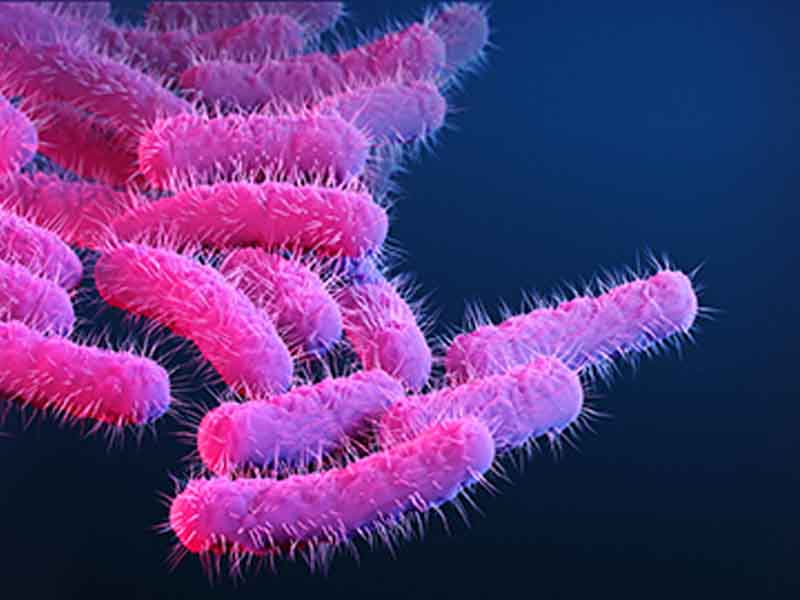LAKEWOOD, NJ – Northern Ocean County faces a health challenge with a rising number of shigella cases, a bacterium found in the intestinal tract of infected individuals and shed through feces.
According to the Ocean County Health Department, the cases are being reported in Lakewood Township.
Health officials warn that shigellosis, the infection caused by this bacterium, primarily spreads through oral contact with objects contaminated by infected feces.
The bacteria can also spread through consumption of contaminated food or water and sexual activities involving oral-anal contact.
Local health departments, along with pediatric offices in Lakewood, have observed a noticeable increase in shigella infections. In response, schools in the area proactively inform parents about the outbreak and emphasize preventive measures.
Dr. Michael Golub from CHEMED health centers underlined the seriousness of the situation, which was confirmed by the Ocean County Health Department and local pediatric observations.
Shigellosis symptoms include diarrhea, which can be bloody or prolonged, fever, stomach pain, and a false need to pass stool. The illness typically lasts between 5 to 7 days, but durations can vary. While some individuals may show no symptoms, others experience significant discomfort.
To combat the spread, CHEMED advises keeping children with symptoms away from school and daycare, ensuring they receive prompt medical evaluation and treatment. The organization also stresses the importance of stringent hygiene practices in day schools and daycare centers, such as regular and supervised hand washing, proper diapering techniques, and eliminating water play areas.

